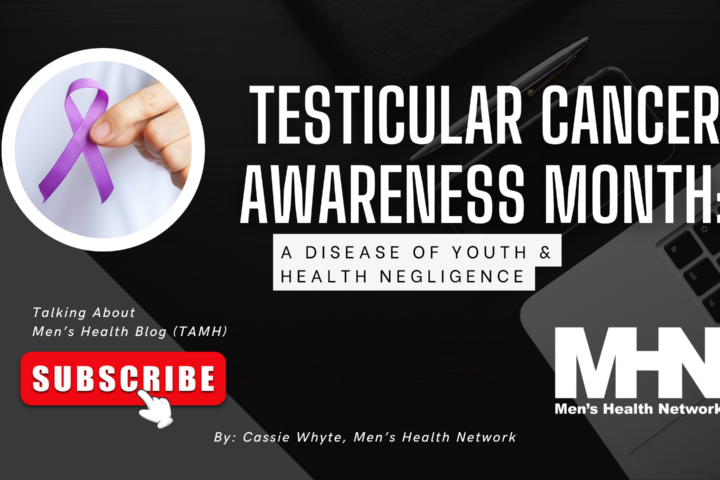The following is adapted from Cancer: The Journey from Diagnosis to Empowerment.
After being diagnosed with cancer, you’ve probably heard people say, “Think positive thoughts.” They talk about the mind-body connection and how reducing your stress can help you heal.
But can being mindful of your thoughts and emotions really affect your biology in the fight against cancer?
That answer is “yes.” Scientific research has shown that the connection between what we think and how we feel is real and important. The way you mentally and emotionally process your diagnosis matters, and it can even make the difference between life and death.
What Science Says About the Mind-Body Connection
What exactly does science say about mindfulness in a patient’s cancer journey?
In a 2015 scientific publication, authors looked at the basic factors of this question and came to the following conclusions:
Physical health and symptoms directly affect mental health, and vice versa.
Screening for mental health morbidity is just as important as monitoring physical health among cancer survivors, and mental health screening needs to be better integrated into active cancer treatment and survivorship.
The importance of this is that there are scientific investigations into the mind-body connection, and they match the real-life patient experiences I have witnessed in treating thousands of people with cancer. This paper shows that the way cancer physically affects us and how we interpret those factors do affect our cancer journey.
How Emotion Impacts Cancer Survival Rates
Your mental health encompasses more than your thoughts—it also involves your emotions. In 2016, different authors looked specifically at the roles of emotion in breast cancer survival. They evaluated the emotional personal toll of the diagnosis as well as the connections between emotion, stress, and survival physiologically. A few of their conclusions:
It is clear that effective regulatory processes merit significant consideration in both research and clinical practice, due to their intervening role between stress and health outcomes. Further research on emotion regulation may help women with breast cancer better manage the emotional challenges associated with diagnosis and treatment.
Even though the scientific community may not agree on the extent of influence our emotions, thought life, and related factors have on the cancer journey, they generally do agree it has influence.
The Placebo and Nocebo Effects
Researchers have studied the physical impact of the mind in academic and clinical settings, but you’ve likely seen it play out in everyday life, too.
A common phenomenon that most people are familiar with is the placebo effect. You’ve probably heard of people taking sugar pills to treat an illness, and despite the lack of effective ingredients, they saw positive results. It wasn’t the pill that healed them; it was the patient’s belief in the pill that had an effect.
Simply by thinking positively and believing that they were treating the illness, the body responded as if they were.
On the opposite side, there exists a nocebo effect, a phenomenon where stress and negative thoughts can cause disease or worsen a patient’s physical condition. Positive or negative, your thoughts and emotions have a real impact on your physical wellbeing during your cancer journey and beyond.
Use the Healing Power of Your Mind
What does the mind-body connection mean for you as a cancer patient?
In plain terms, the scientific community agrees with what most people who have been through this cancer journey would tell you: the emotional, mental, and “internal” journey as you go through the process is intimately related to the physical, medical, and cancer outcome portion of your journey.
The good news is that you can use this connection to your advantage. By being aware of the link between your body, thoughts, and emotions, you can choose to think positive thoughts and leverage your mind to manifest positive outcomes. Believe you will heal and go into remission, and it’s more likely to become a reality.
For more advice on improving your quality of life when you have cancer, you can find Cancer: The Journey from Diagnosis to Empowerment on Amazon.




